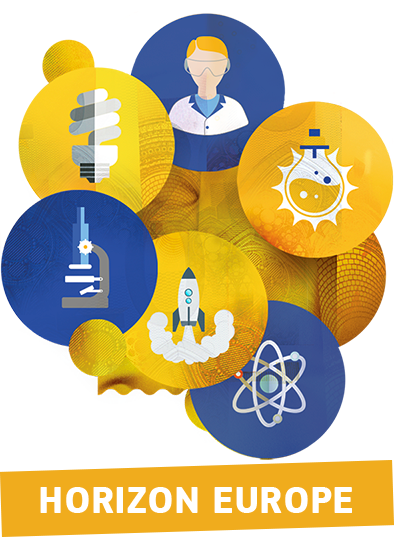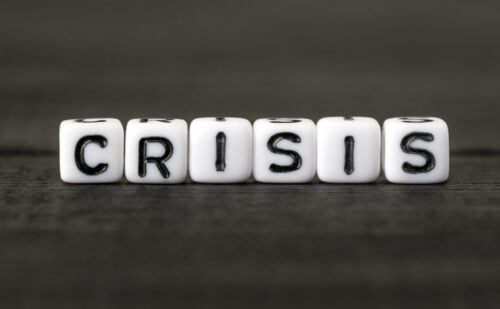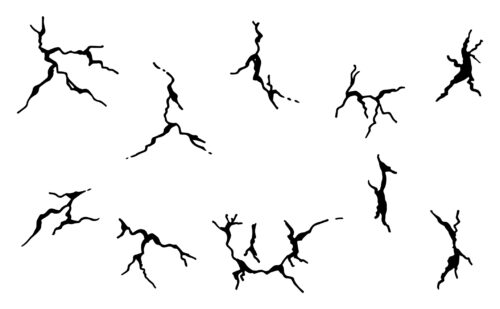Funding opportunities for humanities research: New chances on the horizon
Posted: 19 March, 2021

Our next call, “Transformations: Social and cultural dynamics in the digital age”– opened on March 9, 2021 under the name of CHANSE (https://chanse.org/). While this is a call developed specifically for humanities and social sciences researchers, there are further funding options on the horizon: Horizon Europe, the large EU Framework Programme for Research & Innovation will open its calls in Spring 2021.
Horizon Europe holds a lot of options for bottom up ideas and a lot of options in thematic calls for collaborative projects. These latter will have a strong impact orientation – not excluding humanities research at all. They are organized in six “clusters”: health; culture, creativity and inclusive society; civil security; digital, industry & space; climate, energy & mobility; food, bioeconomy, natural resources, agriculture & environment. The second cluster is especially suitable for humanities (and social sciences): Cluster 2 “Culture, creativity and inclusive society”. The Horizon Europe preparatory legal texts for the years 2021-2027 ascribe to this cluster three “areas of intervention”: Democracy and Governance, Cultural Heritage, Social and Economic Transformations. Each of these areas has a range of “broad lines” defining further the framework of themes for the biannual work programmes – the first of which is expected to be published by April or early May 2021.
As foreseen in these three areas listed, there will be topics, for example., concerning democracy which include historical, cultural, and philosophical aspects, gender issues, education, inequalities, civic participation, extremism, media, norms. Concerning cultural heritage and the cultural and creative industries you have a broad line on “influence of cultural memories, traditions, behavioral patterns, perceptions, beliefs, values, sense of belonging and identities” and “the role of culture and cultural heritage in multi-cultural societies and patterns of cultural inclusion and inclusion” which translates into topics with room for the humanities such participation in the cultural sector, languages, values, international contexts, crafts, film, music, games, Bauhaus. And the area of social and economic transformations whose broad lines call for a “greater understanding of the societal changes in Europe and their impact” will include topics on migration, work, inequality (including religious equality), learning/education, wellbeing, gender, ageing and China.
The work programmes for 2021/2022 are not yet finalized and published. However, in case you are curious now, please contact your Horizon Europe National Contact Points (NCPs). NCPs will both advise individually and offer national information events.
Actually, the NCP system is not officially in place yet, but contacting the old NCPs will help finding the right person to talk to. In case you do not know your national NCP: With the EU Funding and Tenders Opportunities portal not up-to-date yet and new NCP networks not in place, do check out the Horizon 2020 network of NCPs for humanities and social sciences Net4Society (https://www.net4society.eu/ ) or the contacts for Horizon 2020 on the EU Portal (https://ec.europa.eu/info/funding-tenders/opportunities/portal/screen/home, see “SUPPORT section, NCP for “Societies”). General info on Horizon Europe you will also find here: https://ec.europa.eu/info/horizon-europe_en
Here are some national events happening to inform researchers:

